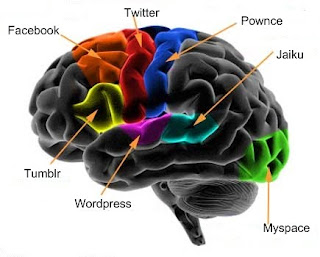
Eventually, global Internet companies would realize the Arab world is one of the last underdeveloped frontiers for digital media. That day was yesterday.
Yahoo bought Maktoob.com, the largest Arabic online portal, for an undisclosed sum, reportedly around $100 million.
This is a big deal.
Even Twitter is a buzz with the news.
The Arabic speaking world of Internet users has not been completely ignored. Google opened it first office in the Arab world in 2006, and is the top search engine among Arabic users. Already
8% of Facebook's user base is in the Arab world. Yahoo is not the first major equity investment in a portal in the Arab world (or even a portal based in Jordan). Intel Capital
recently invested in Jeeran, a Jordanian based social network with 1 million members. And that was Intel’s seventh investment in Middle East digital media. Last year,
Vodafone Egypt bought Sarmady Communications (Sarcom), a digital content company based in Egypt.
But with this deal, Yahoo landed the biggest digital media acquisition to date in the Middle East. Yahoo calls it their biggest geographic expansion in years. I call it a very smart move. Maktoob has been the #1 Arabic website (in terms of users) for years, steadily growing organically and through a series of regional acquisitions. Its acquisition was inevitable. The only surprise is that it took so long. Maktoob has been around for almost 10 years.
320 million Arabic speakers worldwide, but only 1 per cent of all online content is in Arabic. That math adds up to outsized growth as the online advertising market catches up with the rapid rise in Internet penetration and usage in the Arab world. This deal alone may drive
increased online advertising in the Middle East, as well as accelerate the shift away from newspapers and print advertising.
So Maktoob becomes Yahoo Maktoob at the price of $6 per user ($100 million for 16.5 million users). Although Middle East entrepreneurs will envy the valuation and the newly minted millionaires among them, that price will look dirt cheap one day. And that day is today.






















